Center for International Studies, Princeton University26
-
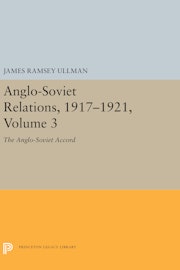
In February 1920 the civil war that had ravaged Russia in the wake of the Bolshevik seizure of power was all but over, and with it the attempt of foreign governments to intervene on behlf of the anti-Communist forces. The government...
-
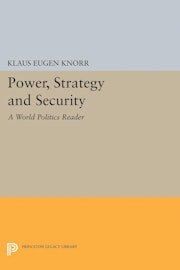
This is the first in a projected series of volumes of essays selected from World Politics, a journal of international relations sponsored by the Center of International Studies at Princeton University. The articles touch on several...
-
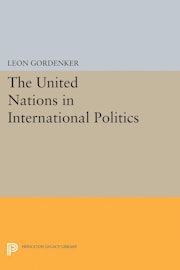
Six authors, all of whom have been associated with the Center of International Studies at Princeton University, take the occasion of the twentyfifth anniversary of the United Nations to reexamine the UN's role and work in the world...
-
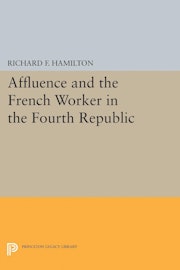
The basic concern of the author is to find the reason for the persistent leftist character of French working-class politics in a period of rapid industrialization and improving living standards. Reanalyzing material from surveys made by...
-
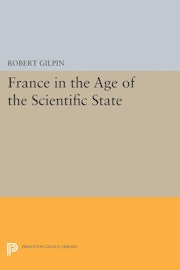
Charles de Gaulle has often warned France and other European nations of the threat they face from advanced scientific and technological countries such as the United States and the Soviet Union. Robert Gilpin examines this "technological...
-

The authors interviewed over 5,000 citizens in Germany, Italy, Mexico, Great Britain, and the U.S. to learn political attitudes in modem democratic states.
Originally published in 1963. -
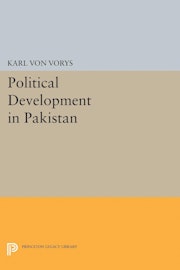
An analysis of Pakistani politics under President Mohammad Ayub Khan that focuses on the practical limitations of that leader's ability to mobilize mass backing even when he is supported by a powerful army. Of particular significance is...
-
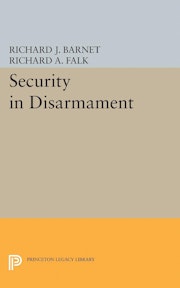
The risks of arms control and disarmament, how they can be reduced or eliminated, and the political implications of drastic disarmament are analyzed by eleven experts. Emphasis is placed on the development of techniques for disarming...
-
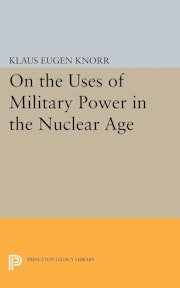
Professor Knorr examines bends in the values which nations derive in their international relationships from the possession and use of both nuclear and non-nuclear military forces, and suggests that territorial conquest and the...
-
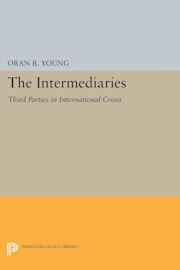
The possibilities for third-party intervention aimed at facilitating the non-violent termination of international crises are explored in this book. The author develops a theory of third-party intervention at a high level of abstraction...
-
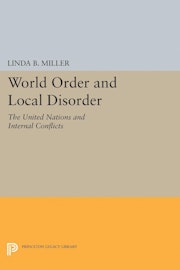
This book considers the varied roles played by the United Nations in cases where threats to peace are created by civil strife in modernizing societies. These struggles for internal supremacy are viewed by the superpowers and other...
-
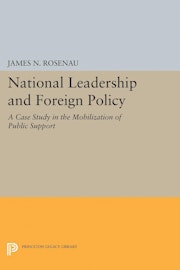
An attempt to discover whether a foreign policy consensus can exist among the diverse groups in America, using data from 1,065 national leaders.
Originally published in 1963. -
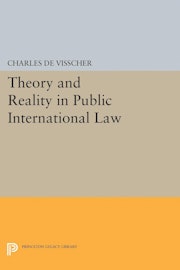
This edition of the work regarded as a modern classic in the field of international law corresponds to the third French edition in which the author updates his attempt "to increase the authority of international law by bringing back...
-
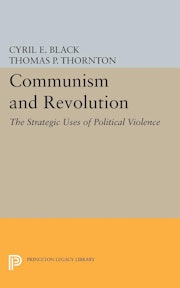
In a period marked by growing fluidity between the West and the Communist nations, the role of revolution as an instrument of political and social change takes on an intense, possibly dangerous importance. Owing to the unacceptable...
-
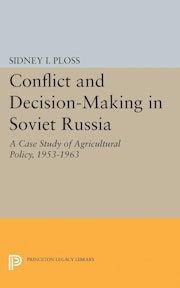
This discussion of agricultural policy in the decade after Stalin shows how decisions are made and then enforced.
Originally published in 1965. -
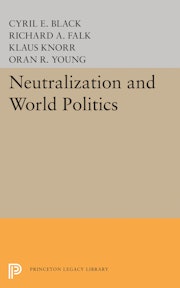
Neutralization is a technique for the management of power in international relations: for the restraint and, to a degree, regulation of the exercise of power in areas that become focal points of competitive struggle. In this volume four...
-
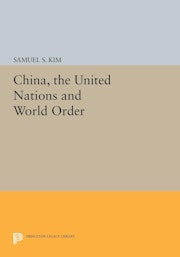
China's role in the United Nations has been a significant one. Yet, Samuel Kim contends, as far as the literature on Chinese foreign policy is concerned, the People's Republic of China still remains outside the heuristic framework of...
-
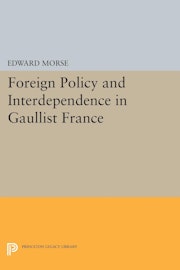
French foreign policy in the 1960's seemed unique because it was dominated by the anachronistic ideals of Charles de Gaulle. Edward L. Morse argues that in fact the foreign policies of all highly modernized states are so similar that...
-
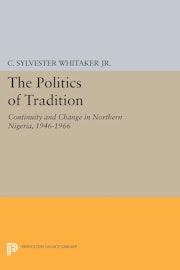
Taking Northern Nigeria during the years 1946 to 1966 as an example, Professor Whitaker shows how modern institutions—parliamentary representation, a cabinet system, popular suffrage, and political parties—were introduced and how...
-
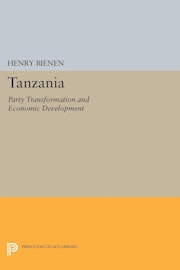
In this 1970 expanded edition, which includes a new Preface and Introduction and a long new chapter, Professor Bienen discusses the events and significance of the Arusha Declaration in the light of his continued research since 1967...
-
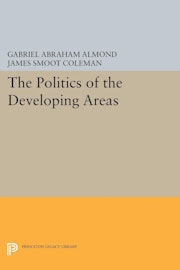
A pioneering venture, this book is the first major effort toward a valid comparison of the political systems of Asia, Africa, the Near East, and Latin America.
After establishing a theoretical framework based on a functional approach to... -
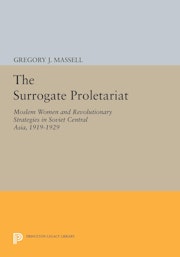
The attempted modernization of Central Asia by the central Soviet government in the 1920's was a dramatic confrontation between radical, determined, authoritarian communists and a cluster of traditional Moslem societies based on...
-
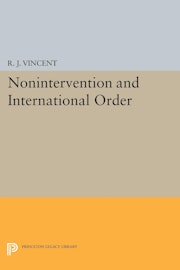
Frequent instances of intervention in current world affairs have threatened the status of nonintervention as a rule of international relations. Gathering evidence from history, law, sociology, and political science, R. J. Vincent...
-
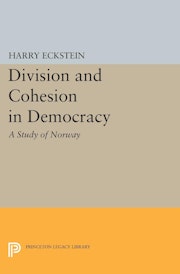
To understand what conditions make democracies stable or unstable, effective or ineffective, Professor Eckstein examines the stability and effectiveness of Norwegian democracy. He finds them both to be high. He then examines several...
-
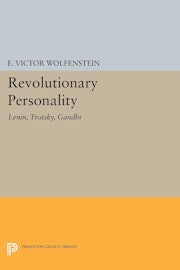
The author takes as his starting point the idea that men who rebel, despite many differences in character, resemble each other in some fundamental ways. He poses three questions: Why does a man become a revolutionist? What attributes of...
-
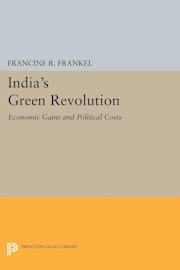
The success of the agricultural policy adopted in 1965 has given India the hope of escaping from its circle of poverty. At the same time the increased rate of economic development seems to have exacerbated social tensions and...